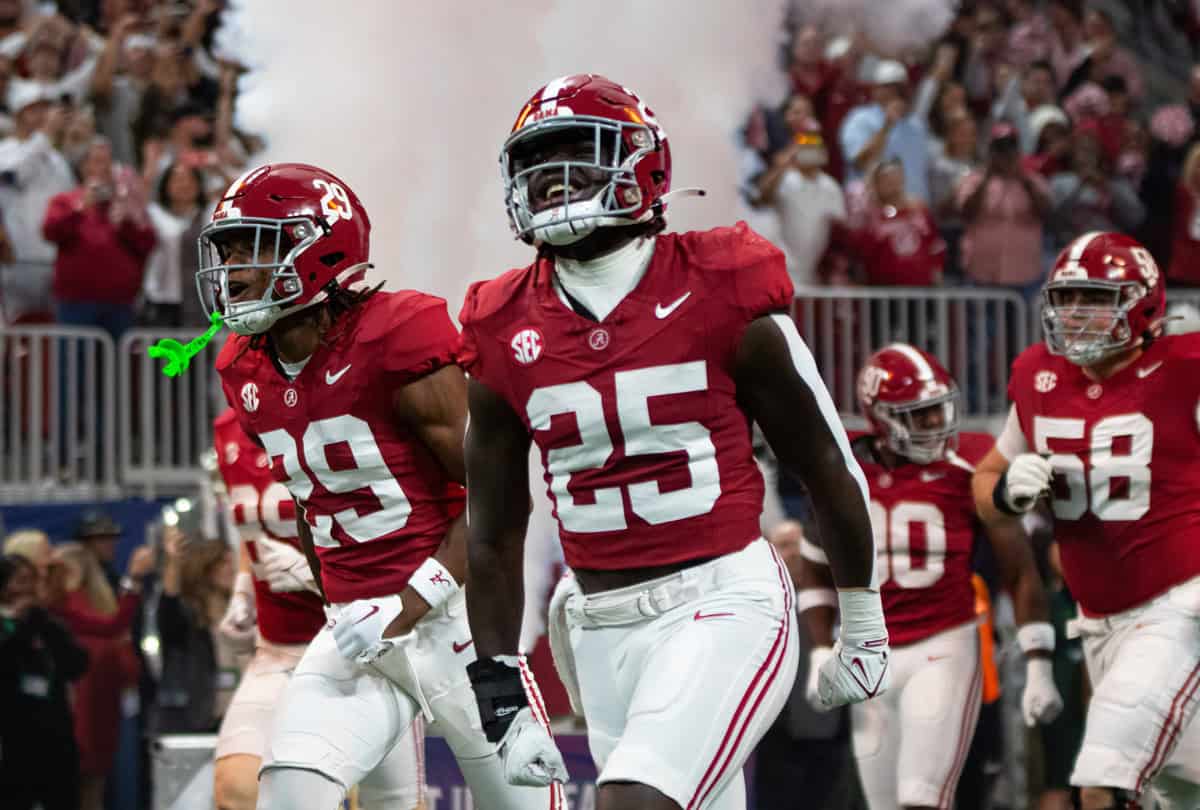I woke up on Sunday, and to my dismay, my Twitter timeline was filled with the news of longtime ESPN personality Stuart Scott’s untimely death. Like many others, I grew up watching Stuart Scott narrate the various athletic feats of the day on ESPN’s SportsCenter, and to hear of his death at the hands of cancer was certainly a surprise.
On the surface, Stuart Scott was just a popular anchor on a popular television program. This superficial view of Scott’s life is likely what most people knew him as throughout his tenure at ESPN – which started in 1993 and had him involved in the rise of ESPN as the “worldwide leader in sports.” In reality, however, Stuart Scott’s impact on our generation is much more profound. He changed the way we thought of sportscasting, helped turn SportsCenter into a must-see-TV cultural phenomenon, inspired countless African-Americans to pursue journalism or sportscasting and was a cultural phenomenon in his own right. Before “Stu,” the name many affectionately knew him as, the tone of sportscasts could be described as formal, stuffy or even boring. Although hesitant at first, audiences and producers alike were enthralled by Stu’s infectious exuberance on SportsCenter and his broadcasts became nearly as entertaining as the events he was covering. His catchphrases that narrated the last two decades in sports, like “Booyah!” and “As cool as the other side of the pillow,” among others, will fondly remain in our memories for a long time.
During his illustrious career as a sportscaster, he interviewed the likes of Michael Jordan, Kobe Bryant, Tiger Woods and even Presidents Bill Clinton and Barack Obama. He accomplished a lot and changed the landscape of his profession. Perhaps greater than that, his battle with cancer has inspired millions as they face similar struggles.
While covering a Monday Night Football game in 2007, Scott was forced to undergo an emergency appendectomy. It was later discovered he had cancer and he underwent treatment, all while continuing to work. He went into remission, but the cancer returned in 2011 and again in 2013. At the 2014 ESPYs, ESPN’s Oscars-style awards show for the sports world, an ailing Stuart Scott, recovering from four surgeries in the previous seven days, gave an unforgettable speech while accepting the Jimmy V Award for Perseverance. With the audience in tears, Scott said, “When you die, it does not mean that you lose to cancer. You beat cancer by how you live, why you live, and in the manner in which you live.”
I think President Obama said it best: “Over the years, he entertained us, and in the end, he inspired us – with courage and love.”
Stuart Scott wasn’t afraid to break boundaries and be himself, and he also wasn’t afraid to fight for what he loved. He lived for his family, his friends and for what he believed in, and he didn’t let having cancer compromise his life. It is obvious from the outpouring of grief and love from the ones that knew him that Scott was an exceptional man, and he is a role model that won’t soon be forgotten.
Kyle Simpson is a sophomore majoring in biology. His column runs biweekly.






